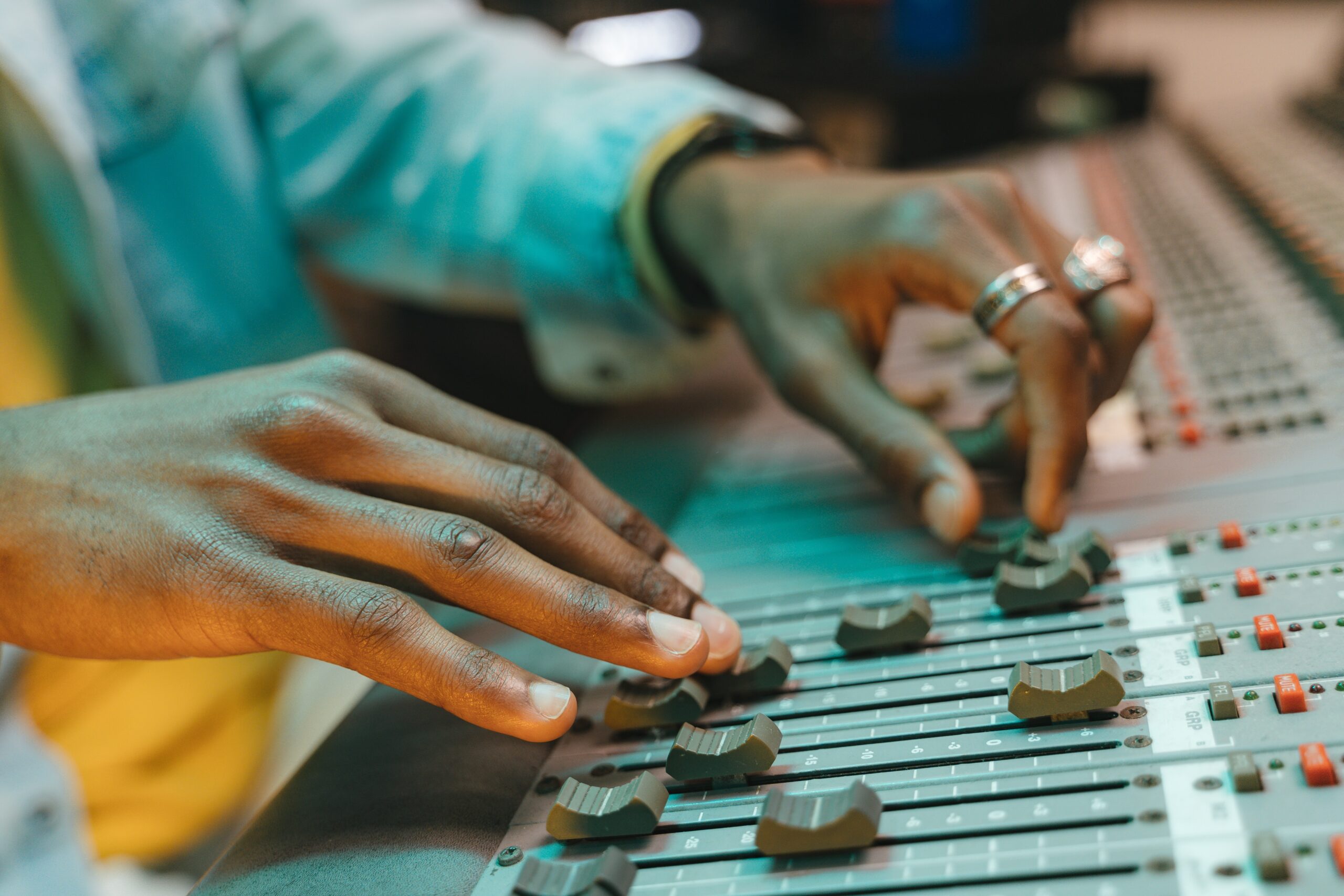- Home
- About The Firm
- Practice Areas
- Areas Served
- Resources
- Blog
- Contact Us


You have to listen hard to hear the more luxuriant twangs from the opening banjoes or the extra beat in the lyric, but Taylor Swift is on a mission to re-record her old songs, including 2008’s “Love Story,” the song that is widely credited with launching her to pop royalty.
“Love Story” was part of the album Fearless, which was rereleased on streaming platforms in 2021 dubbed “Fearless (Taylor’s Version).” The new mix was the first of Swift’s rerecordings of her back catalog, but it was not the last. Red (Taylor’s Version) followed in November 2021, and Speak Now (Taylor’s Version) in July 2023. The project encompasses six of Swift’s albums, and the next, 1989, first recorded in 2014, will be released on October 27, 2023.
The lyrics and the way the music is produced have changed only subtly, so why rerecord albums? Swift, who has long battled for control of the production and distribution of her work, finally has the clout to accomplish it, which could benefit all artists watching her and longing to follow suit. Now an accomplished star at 33, Swift is a Grammy winner with Folklore and her subsequent indie-pop era album Evermore. Her current Eras Tour, which will run into 2024, has been so popular, fans crashed Ticketmaster clamoring for seats, and she is constant fodder for the cultural conversation columnists.
Swift’s work makes money, and she wants more control over who makes it off that work. Her personal and ongoing fight is to reshape the way the music industry distributes wealth from artists’ creative work, and she intends to wrestle and redistribute that wealth away from the industry honchoes.
Swift shook the music scene as a girl-next-door from Nashville after signing with Big Machine Records in 2005. Her songs, like “I Knew You Were Trouble,” reverberated over radio airwaves, and her stadium tours sold out, fueled by the popularity of her first six albums. When her contract with Big Machine expired, she made the switch to Universal’s Republic Records; although, as is typical in the industry, Big Machine retained ownership rights to her original recordings from the first six albums. She was savvy enough to keep ownership rights to future masters when she signed with Republic.
Swift and Big Machine’s differences made headlines when Big Machine sold their rights to Swift’s masters to powerhouse music manager Scooter Braun, owner of Ithaca Holdings, a private entity-group. Braun has also managed music icons like Justin Bieber and Kanye West. In 2019, Braun flipped ownership rights for Swift’s masters to Shamrock Holdings for a reported $300 million. The master recordings earn profits for Shamrock every time they are streamed or a fan buys the songs.
Swift was livid, claiming Braun had bullied her repeatedly. She would not let him get away with it: the pop icon would rerecord her albums and retain the rights of these new versions. Anyone streaming the old version will still pay into the corporate structure that leaves artists with less and less of the profit pie, but once rerecorded, Swift hopes fans will choose “Taylor’s Version,” so she can control how profits are distributed to all the artists who contributed to the new versions of her initial six albums.
Artists who grumble about their recording company contracts are common but they do not often rerecord old albums to circumvent the status quo. Swift had a year during the pandemic to act on her promise after her tours were paused. She relishes the chance to shape how her work is perceived and consumed, including what her album covers will look like and how she responds to fans online. Her fans are responding to her and have vowed to support Taylor’s Version of her old songs. Swift is in the perfect position to shake up the system as someone with the power to do it.
As this story shows, music law is complicated and anyone who wants to protect their work should consult with an intellectual property lawyer. Lomnitzer Law is highly skilled in dealing with music contracts and copyrights, and could assist anyone who wants to protect their unique contributions.